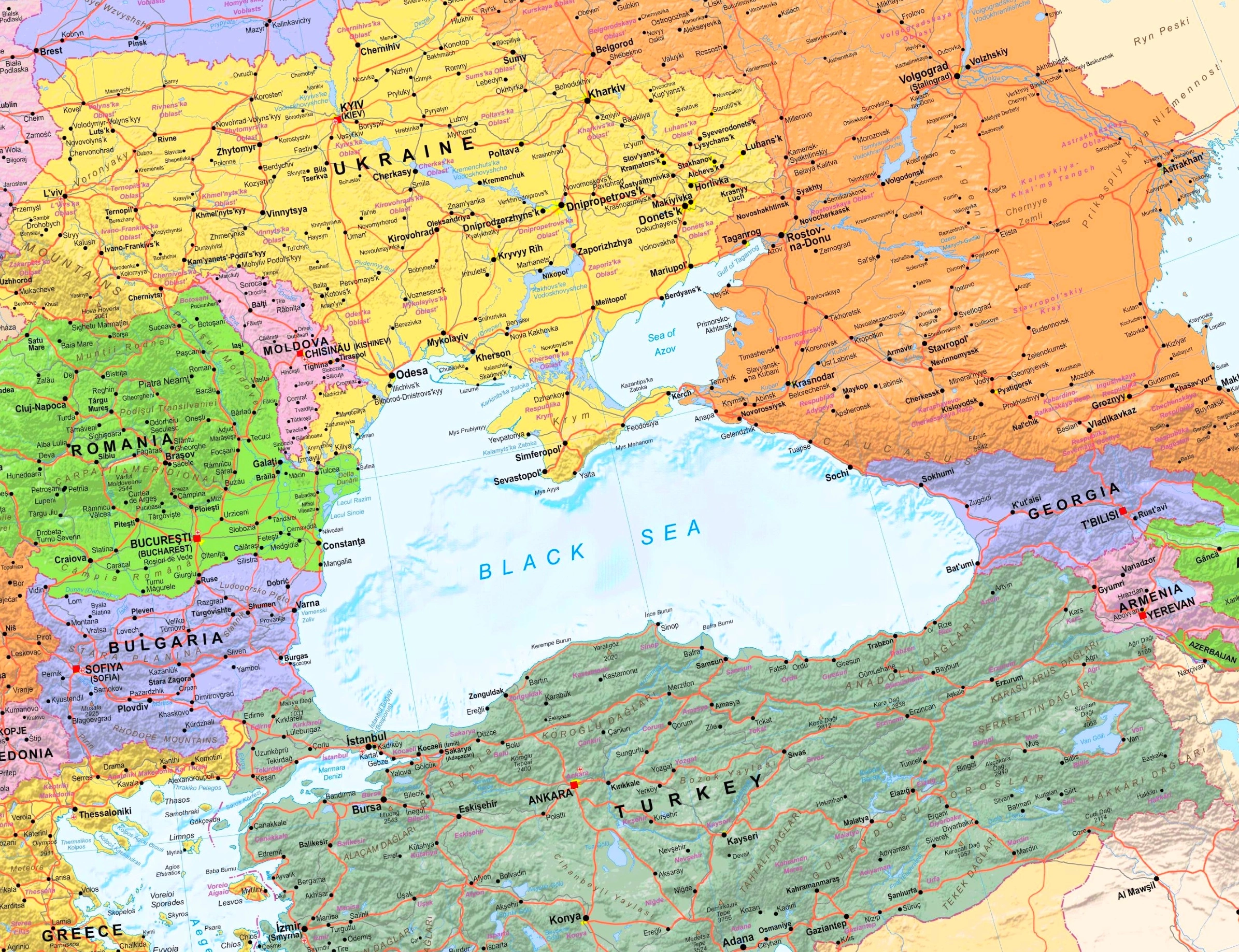Along the way, Indira pushed open the doors of several cafés and asked for the price of coffee in Georgian. The replies came back: “Здравствуйте” (“Hello” in Russian), “Ничего не понимаю,” (“I don’t understand anything,”); “Я немного понимаю, но к сожалению пока плохо говорю” (“I understand a little, but unfortunately I still don’t speak well.”).
We could tell Indira was upset. With some bitterness she said: “See? They don’t even understand what I asked — is that normal? There are three or four Turkish restaurants here, and they employ only Georgians, everyone speaks the language… maybe just the cook doesn’t. There are Ukrainians here too, as well as Belarusians — it doesn’t matter. But don’t blame me if I put more emphasis on Russians — they are the occupiers of my country.”
Over the course of three months, we examined more than 20,000 Russian-owned business entities registered in Georgia after 2022. We investigated the tax privileges enjoyed by Russians and spoke with their Georgian competitors in the tourism, IT, and restaurant sectors. Our goal was to determine whether the Georgian economy has truly flourished thanks to the influx of Russians, as the ruling party, Georgian Dream, has insisted.
The reality, however, is different. Russian migrants in Georgia mostly register as individual entrepreneurs and take advantage of tax benefits. They have indeed created numerous jobs — but for their own compatriots, not for Georgians. What “benefit,” then, has been left for Georgians? We leave that for you to judge. Our article will help you see for yourself.


